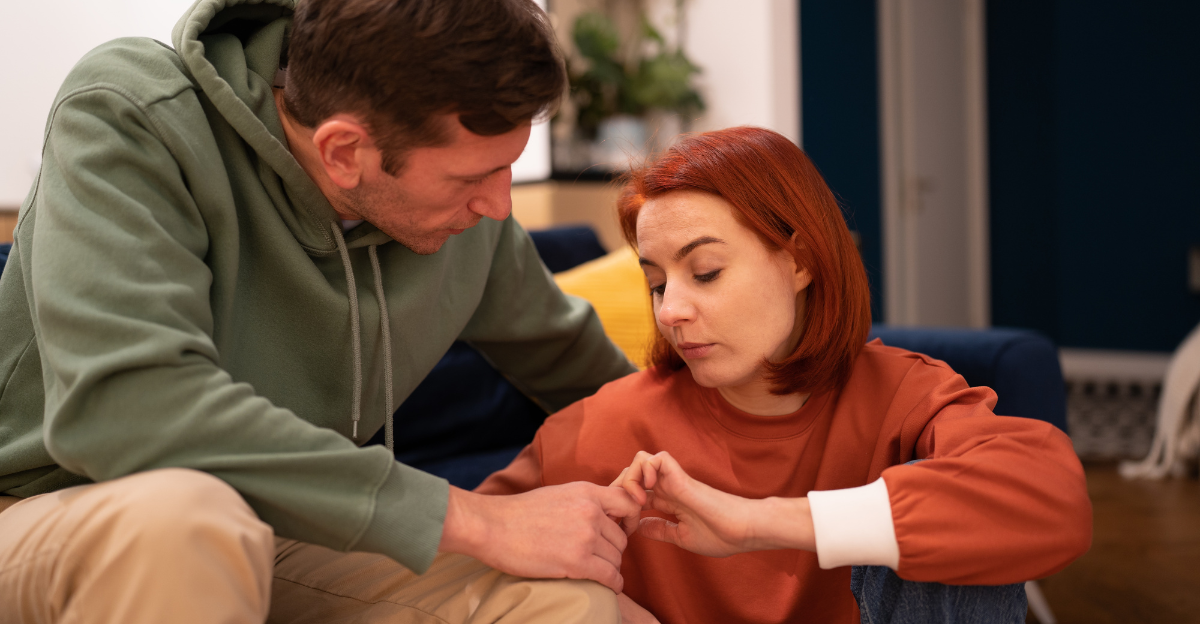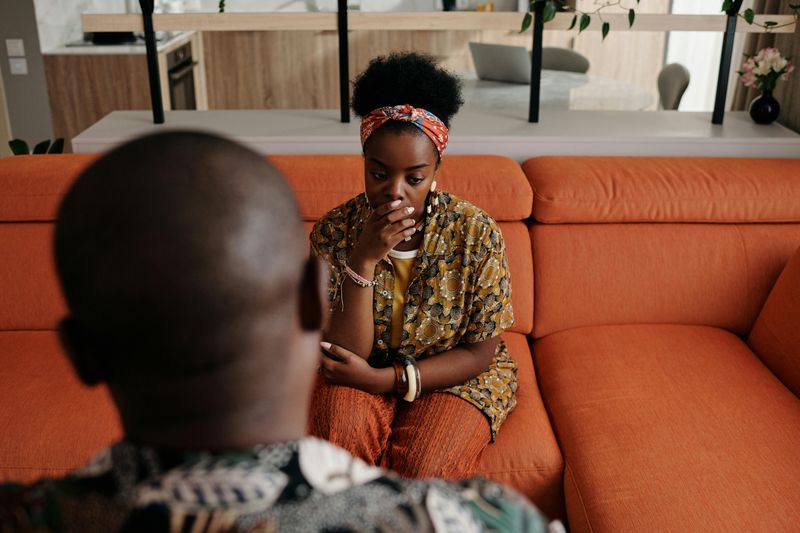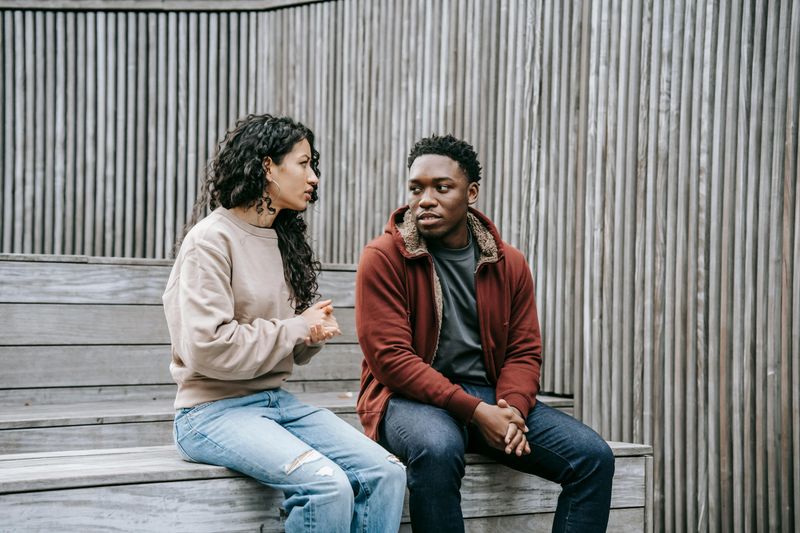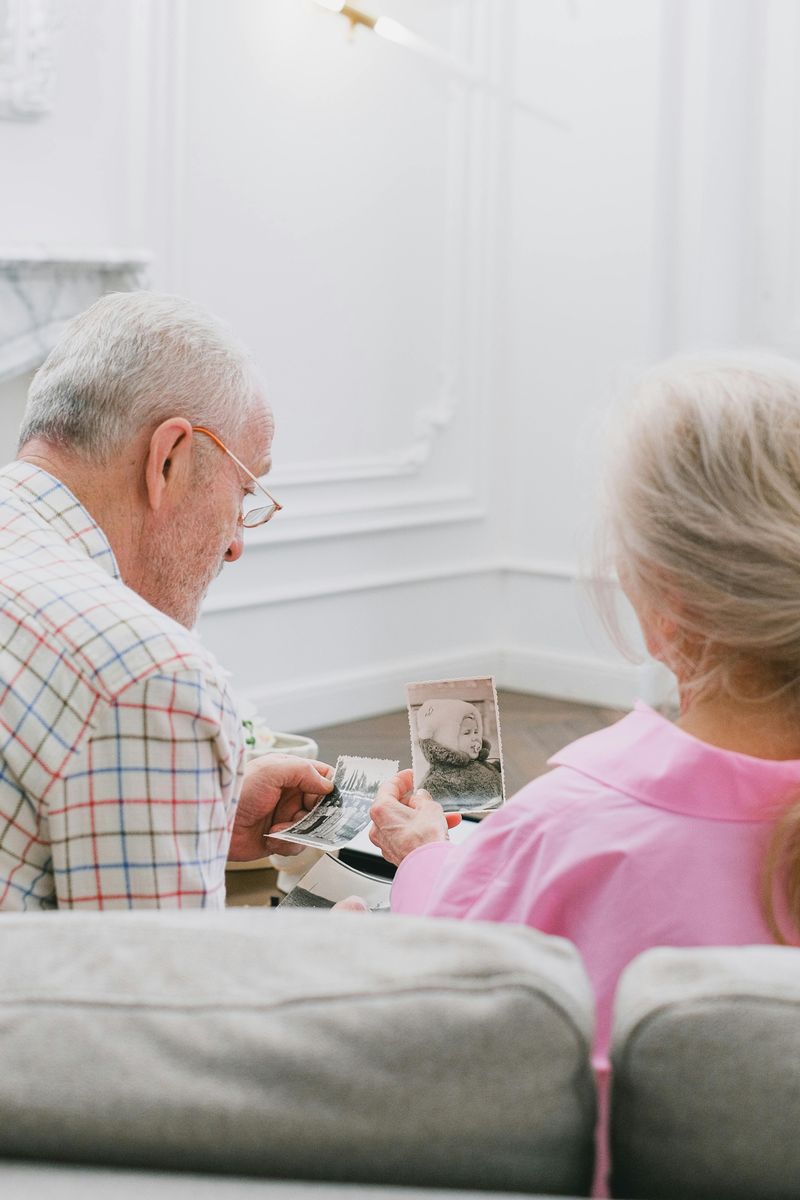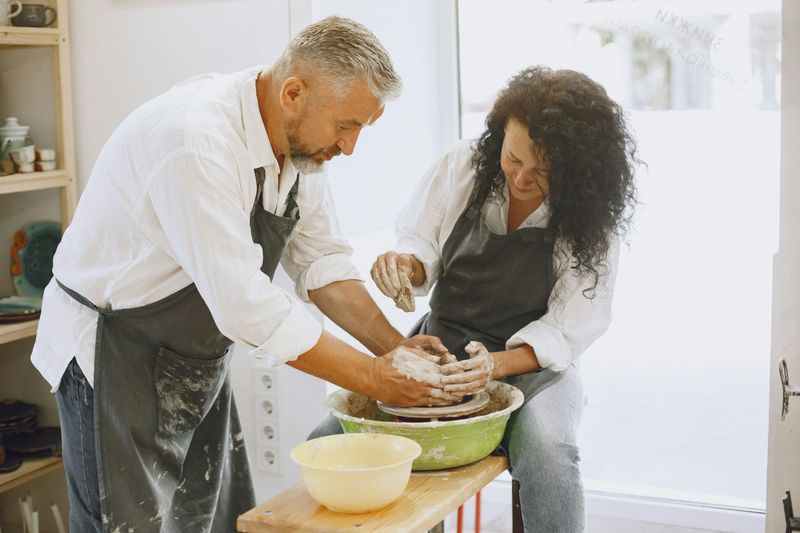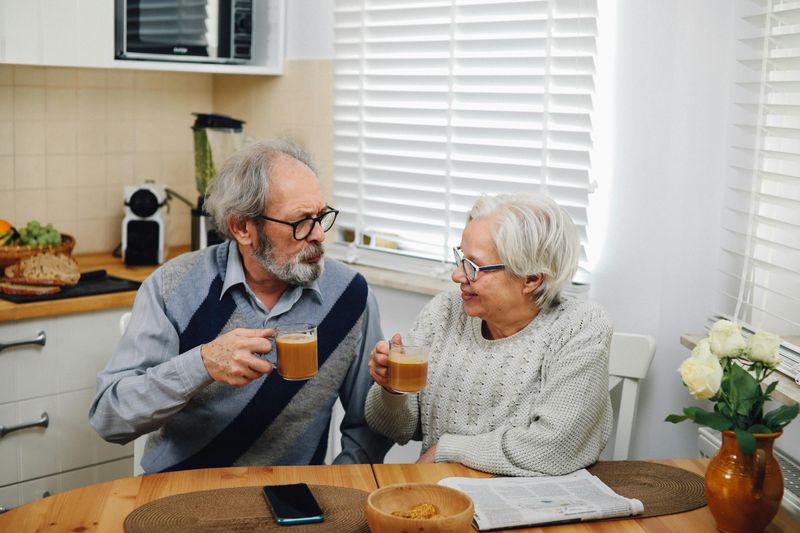Feeling far apart from your partner even when you’re in the same room can be one of the most painful experiences in a relationship. Emotional distance creeps in slowly, often without either person noticing until the gap feels too wide to cross. The good news is that couples can rebuild their connection with intentional effort, honest communication, and a willingness to be vulnerable with each other. Here are eleven proven ways to bridge that gap and bring back the closeness you once shared.
1. Acknowledge the Distance
Pretending everything is fine when it’s not only makes things worse. One of the bravest steps you can take is simply naming what’s happening between you and your partner. Saying out loud that you’ve been feeling disconnected opens the door for real change.
Many couples avoid this conversation because they’re scared of conflict or hurting each other’s feelings. But ignoring the problem allows it to grow bigger. When you acknowledge the distance, you’re showing your partner that you care enough to address it.
This honest admission creates a foundation for healing and shows that you’re both willing to work on things together.
2. Open Up Vulnerable Conversations
Real intimacy grows when you share your deepest fears, hopes, and struggles with your partner. Vulnerability isn’t weakness—it’s actually one of the strongest things you can bring to your relationship. When you open up about what you’re truly feeling, you invite your partner to do the same.
Start by sharing something that’s been weighing on your heart. Maybe you’re worried about the future or feeling insecure about something. These conversations might feel uncomfortable at first, but they build trust.
Your willingness to be emotionally naked encourages your partner to lower their walls too, creating genuine connection.
3. Practice Active Listening
Hearing isn’t the same as listening. Active listening means giving your full attention to your partner without planning what you’ll say next or checking your phone. It means making eye contact, nodding, and showing that you truly care about understanding their perspective.
When your partner speaks, resist the urge to interrupt or immediately fix the problem. Sometimes people just need to feel heard and validated. Reflect back what you’re hearing to make sure you understand correctly.
This simple practice makes your partner feel valued and respected, which are essential ingredients for emotional closeness and rebuilding trust.
4. Spend Intentional Quality Time Together
Quality time doesn’t mean just being in the same house while scrolling through separate phones. It means choosing activities where you can focus on each other without distractions. Put away devices, turn off the TV, and be fully present with your partner.
Plan a weekly date night or even just thirty minutes each evening to talk and connect. The activity itself matters less than the intention behind it. Whether you’re cooking together, taking walks, or playing board games, what counts is your undivided attention.
Consistent quality time reminds you why you fell in love in the first place and creates new positive memories together.
5. Express Appreciation and Gratitude
When relationships feel strained, it’s easy to focus on what’s wrong and forget about what’s right. Taking time to notice and mention the good things your partner does can shift the entire mood of your relationship. Even small acknowledgments matter tremendously.
Thank your partner for everyday things like making coffee, listening to your day, or taking care of household tasks. Compliment their character, not just their actions. Tell them you appreciate their kindness, humor, or patience.
These expressions of gratitude remind both of you that you’re valued and loved, which naturally draws you closer together emotionally.
6. Revisit Shared Memories
Looking back at happy times you’ve shared can reignite feelings that have dimmed over time. Pull out old photos, watch videos from vacations, or talk about your favorite moments together. These memories serve as proof that you’ve had joy and connection before.
Reminiscing helps you remember why you chose each other in the first place. It can soften current tensions and remind you of the bond you’ve built over time. Share stories about your early dating days or laugh about silly adventures you’ve had.
This trip down memory lane often sparks warmth and affection, helping you feel closer in the present moment.
7. Create New Shared Experiences
While memories are valuable, building new experiences together is equally important for reconnection. Trying something neither of you has done before puts you on equal footing and gives you fresh stories to share. Novel experiences trigger excitement and bonding hormones in your brain.
Sign up for a cooking class, go hiking somewhere new, or learn a dance style together. The activity doesn’t need to be expensive or elaborate—just something that gets you both out of your routine.
These shared adventures create inside jokes, new memories, and a sense of teamwork that strengthens your emotional bond and partnership.
8. Use Small Daily Rituals
Big romantic gestures are nice, but small daily habits often matter more for long-term connection. Creating simple rituals gives you predictable moments to connect every day, even when life gets busy. These touchpoints keep you emotionally linked.
Maybe you always hug for ten seconds when one person gets home from work. Perhaps you share coffee together each morning before the day starts. Or you might end each day by sharing one good thing that happened.
These tiny traditions become anchors in your relationship, providing consistent opportunities to check in and feel close to each other regularly.
9. Re-establish Physical Closeness
Physical touch releases oxytocin, sometimes called the bonding hormone, which helps create feelings of closeness and trust. When emotional distance grows, physical affection often decreases too, creating a negative cycle. Breaking that pattern requires intentional touch, even when it feels awkward at first.
Start with simple gestures like holding hands, hugging hello and goodbye, or sitting close on the couch. These small touches can gradually rebuild comfort with physical intimacy. You don’t need to rush into anything more—just consistent, gentle contact.
Physical closeness often helps emotional closeness follow naturally, creating a positive feedback loop in your relationship.
10. Resolve Conflicts Through Repair and Honest Communication
Unresolved arguments pile up like invisible walls between partners. Learning to repair after conflicts is crucial for maintaining connection. This means apologizing sincerely when you’ve hurt your partner and accepting their apologies when offered. It also means addressing issues directly instead of letting resentment build.
Use “I” statements to express feelings without blaming, like “I felt hurt when…” instead of “You always…” Stay focused on solving the problem rather than winning the argument.
Healthy conflict resolution shows that you value the relationship more than being right, which builds respect and emotional safety between partners.
11. Seek Couples Therapy or External Help When Needed
Sometimes the gap feels too wide to bridge alone, and that’s completely okay. Seeking help from a trained therapist isn’t a sign of failure—it’s actually a sign of commitment to your relationship. A good couples counselor provides tools, perspective, and guidance that you can’t always find on your own.
Therapy offers a safe space to discuss difficult topics with someone who can mediate and teach healthy communication skills. Many couples wish they’d sought help sooner rather than waiting until problems felt overwhelming.
Getting professional support shows you’re both willing to invest in healing and strengthening your bond for the long term.
